
Linux vs. Windows: Which One Should You Choose in 2025?
Linux vs. Windows – Which OS is Right for You?
Choosing between Linux and Windows in 2025 depends on your needs. While Windows dominates the market with its ease of use, Linux offers flexibility, security, and performance benefits.
This guide compares Windows 11 and Linux distributions in terms of:
✅ Performance & Speed
✅ Security & Privacy
✅ Software & App Compatibility
✅ Gaming & Development Support
✅ Customization & User Experience
By the end, you’ll know which OS is best for your workflow, gaming, or business.
1. User Experience & Ease of Use 🎨
Windows 11:
✔ Intuitive and beginner-friendly
✔ Designed for plug-and-play usability
✔ Pre-installed on most PCs
✔ Supports touchscreens and hybrid devices
Linux:
✔ More customizable but has a learning curve
✔ Different desktop environments (GNOME, KDE, XFCE)
✔ Requires manual driver installation on some hardware
✔ Great for developers and advanced users
Verdict: Windows is better for beginners, while Linux is ideal for power users who want more control.
2. Performance & System Requirements 🚀
| Feature | Windows 11 | Linux (Ubuntu, Fedora, etc.) |
|---|---|---|
| Boot Time | Slower | Faster 🚀 |
| RAM Usage | Higher | Lower ✅ |
| CPU Load | Higher (Background apps) | Optimized ✅ |
| SSD Support | Yes ✅ | Yes ✅ |
| Updates | Forced & Frequent | User-Controlled ✅ |
Why Linux is Faster:
✔ Lightweight with fewer background services
✔ No forced updates slowing down the system
✔ Works on older hardware efficiently
✅ Winner: Linux for performance, Windows for convenience.
3. Security & Privacy 🔐
Windows 11:
✔ Built-in Windows Defender Antivirus
✔ Requires third-party antivirus for better protection
✔ More vulnerable to malware & ransomware
✔ Telemetry & data tracking enabled by default
Linux:
✔ No need for antivirus (secure by design)
✔ User-controlled permissions prevent unauthorized changes
✔ Open-source – no hidden data tracking
✔ Fewer cyber threats due to lower adoption rate
✅ Winner: Linux for security, Windows for broader software compatibility.
4. Software & Application Compatibility 🖥️
Windows 11:
✔ Supports all mainstream applications (Adobe, Microsoft Office, AutoCAD)
✔ Best for gaming, productivity, and business software
✔ Better driver support for printers, scanners, and hardware
Linux:
✔ Offers free alternatives (LibreOffice, GIMP, Blender)
✔ Can run Windows apps using Wine or VirtualBox
✔ Limited support for Adobe, Microsoft Office, and proprietary software
Best For:
✅ Windows: General users, office work, and gaming
✅ Linux: Developers, privacy-focused users, and open-source lovers
5. Gaming on Linux vs. Windows 🎮
| Feature | Windows 11 | Linux (Ubuntu, SteamOS, Pop!_OS) |
|---|---|---|
| Game Library | 100% Supported ✅ | Limited (Steam, Proton) |
| DirectX Support | Yes ✅ | No (Uses Vulkan) |
| Performance | Optimized for Gaming ✅ | Requires Tweaks |
| Compatibility | Works with all games | Not all games work |
Windows Gaming Advantages:
✔ Supports all major games (Fortnite, Call of Duty, FIFA)
✔ DirectX 12 support for better graphics
✔ Plug-and-play support for controllers & peripherals
Linux Gaming Advantages:
✔ Steam’s Proton & Wine allow running Windows games
✔ Better performance for open-source games
✔ Less background resource usage
Verdict: Windows wins for gaming, Linux works for open-source gamers.
6. Customization & Flexibility ⚙️
Windows 11:
✔ Limited customization (Only themes & wallpapers)
✔ Closed-source, so modifications are restricted
✔ Third-party apps needed for deeper UI changes
Linux:
✔ Highly customizable (change UI, themes, icons, window managers)
✔ Multiple desktop environments (KDE, GNOME, XFCE)
✔ Users can modify source code to tailor the OS
✅ Winner: Linux for customization, Windows for simplicity.
7. Updates & Stability 🔄
| Feature | Windows 11 | Linux |
|---|---|---|
| Updates | Frequent (Forced) ❌ | Manual Control ✅ |
| Stability | Occasional bugs & crashes | More stable ✅ |
| Support | Microsoft (Limited after years) | Community & LTS versions ✅ |
Windows 11 Issues:
❌ Forced updates can break software compatibility
❌ Major updates sometimes cause system crashes
❌ Requires reboots after most updates
Linux Advantages:
✔ Updates are optional and user-controlled
✔ Long-Term Support (LTS) versions receive 5+ years of updates
✔ No system reboots required after most updates
✅ Winner: Linux for stability, Windows for mainstream support.
Which OS Should You Choose? 🤔
| Best For | Choose Windows 11 | Choose Linux |
|---|---|---|
| Beginners & Casual Users | ✅ | ❌ |
| Gamers | ✅ | ❌ (Limited support) |
| Developers & Programmers | ❌ | ✅ |
| Privacy-Focused Users | ❌ (Telemetry present) | ✅ |
| Customization & Open Source | ❌ | ✅ |
| Office & Productivity Work | ✅ | ❌ (Limited MS Office Support) |
| Security & Stability | ❌ | ✅ |
✅ Choose Windows if:
✔ You need full compatibility with software and games
✔ You prefer an easy-to-use operating system
✔ You want plug-and-play support for all devices
✅ Choose Linux if:
✔ You need more security and privacy
✔ You’re a developer, programmer, or advanced user
✔ You want a free, customizable, and lightweight OS
Final Thoughts: Windows or Linux in 2025?
There’s no one-size-fits-all answer. Windows 11 remains the best choice for most users, while Linux is ideal for security-conscious users, developers, and those who love open-source freedom.
💬 Which OS do you prefer? Share your thoughts in the comments below! 🚀











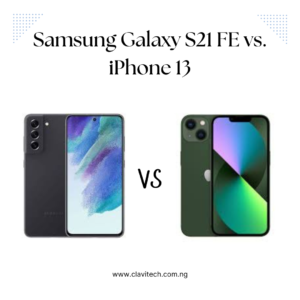


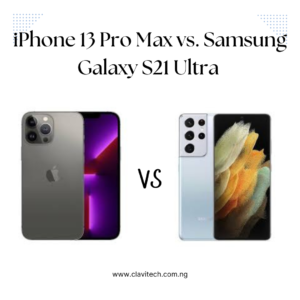
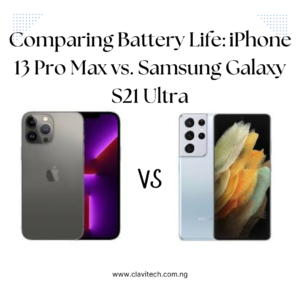
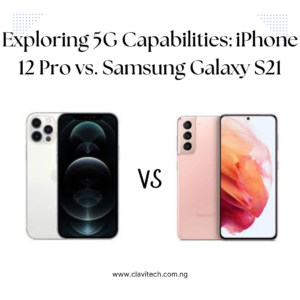
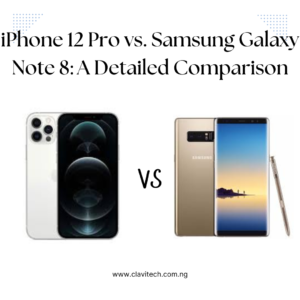

Post Comment